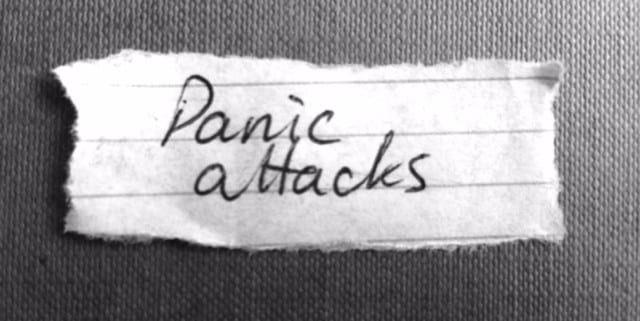
Panic attacks are common and can exist as a symptom on their own or be part of another condition, such as panic disorder. A panic attack can happen without warning, and can often occur for little or no apparent reason. Although these episodes may appear random, research indicates that they are brought on by our own ‘fight or flight’ response, which triggers hormones (particularly adrenaline) to flood our body in preparation to defend itself from a perceived threat.
Living with panic attacks
The effects of panic attacks continue long after an attack – fearing when the next attack will occur causes persistent worrying and intense anxiety between attacks. Panic attacks can seriously impact the way a person lives their life by limiting what they do or where they go as they attempt to avoid situations that trigger the attack. Experiencing a panic attack is intensely frightening, upsetting and uncomfortable.
Research suggests at least 1 in 10 people experience occasional panic attacks, which are usually triggered by a stressful event, or situation. However, people suffering with panic disorder can have attacks on a regular and recurring basis.
Signs you are having a panic attack
Symptoms of a panic attack can be so severe that those suffering often believe they are having a heart attack or suffering from another life threatening illness. Common symptoms include:
- chest pains
- nausea
- breathlessness
- pounding heartbeat
- fear of dying
- sweating
- dizziness
- trembling or shaking
- choking sensations
- numbness
- headache
- exhaustion
- terror.
Panic attack causes
Panic attacks occur when a high level of anxiety causes adrenalin to produce severe symptoms. There are a number of factors that may contribute to a panic attack, such as:
- A traumatic or stressful experience such as a bereavement. Feelings of panic and anxiety may occur soon after the event, or may appear years later when they are not expected.
- Some research suggests panic attacks may be more likely if a close member of your family also suffers from them.
- A chemical imbalance in the brain may also increase the risk of panic attacks.
Treatment for panic attacks
Hypnotherapy can help to alleviate anxiety by direct suggestion and by behavioural training. It can be used to:
- desensitise the sufferer from certain stressors
- help take back control by recognising and regulating previously inappropriate responses
- teach new ways to relax
- break habitual behaviours
- remove anxiety triggers
- dissociate the sufferer from anxiety causing problems.
Content source www.hypnotherapy-directory.org.uk


